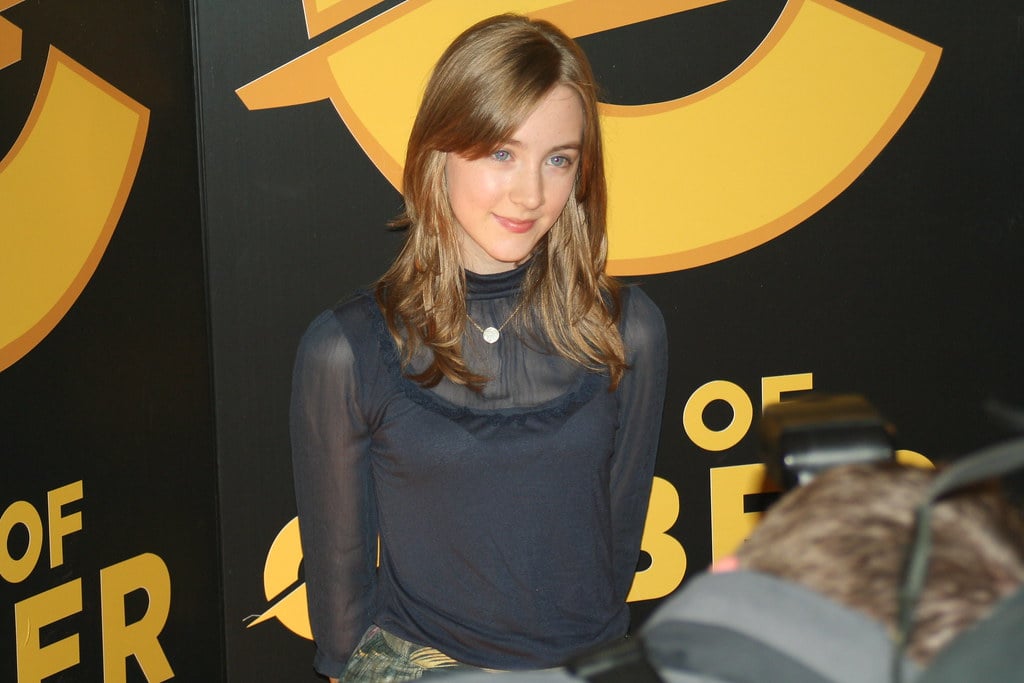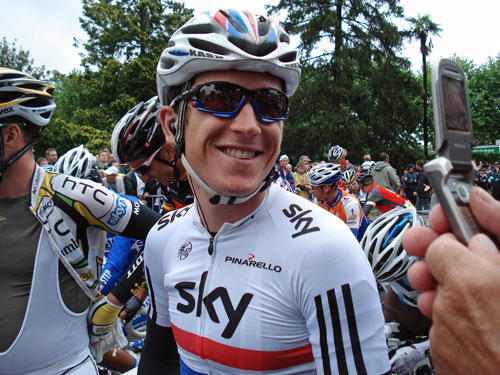May 24, 2019
By Wolfestone
In
Celtic first names seldom make the annual ‘Most Popular Baby Name’ lists in the UK. But they are a constant on newly issued birth-certificates.
The likes of Rhys, Sian and Seamus may not be every new parents’ cup of tea, but they are ever-present in a way that some names clearly are not.
Whereas the Barrys, Dorothys and Waynes of this world have a thankfully short shelf-life, Celtic names (as in Welsh or Scottish/Irish Gaelic) find favour with every generation. They are seemingly impervious to trends.
Though generally favoured by traditional-minded parents in the Celtic nations of Ireland, Scotland and Wales, a number of popular Celtic names, such as Dylan, Shannon and Fiona (which are Welsh, Irish and Scottish, respectively) have for decades been familiar to those throughout the English-speaking world.
In recent years, however, a much wider variety of Celtic names have been gaining popularity outside their countries of origin, some of them anglicised for better intelligibility.
Popular Celtic names in the media
The popular Irish girl’s name Niamh (pronounced Neev) is now increasingly spelt 'Neve' outside of Ireland, perhaps helped by the well-known Hollywood actress Neve Campbell.
To non-native speakers or those who live outside of the country where such names originate, those names not anglicised can seem utterly perplexing.
Among the many names that might deter non-Celts from even attempting pronunciation due to their lack of English-alphabet vowels and unfamiliar consonants are:
‘Llyr’ (Welsh), ‘Saiorse’ (Irish), ‘Tadgh’ (Irish/Scottish), ‘Aoife’ (Irish) and 'Geraint' (Welsh) (see below for pronunciations).
Indeed, the latter found itself in the media spotlight last year as it is the name of 2018 Tour De France winner Geraint Thomas. Its mass mispronunciation, after the Welshman won cycling's most prestigious title, inevitably caused much disgruntlement in the land of his birth.

Naturally, if you’ve only ever seen these names written down, never spoken aloud, and you one day have to make verbal contact with someone who has an unfamiliar Celtic name, it may seem a slightly daunting prospect.
So knowing how to pronounce them properly could not only avoid causing awkwardness or even mild offence, it could make a great first impression on someone.
To help you avoid the embarrassment of tripping up on your Celtic names, here’s our indispensable guide to the pronunciation of some of the more popular, yet tricky, Celtic monikers out there.
Irish names
Aoife (f) – Ee-ffa
Domhnall (m) – Dom-nawl
Mairead (f) Muh-raid
Padraig (m) – Porrick
Roisin (f) Roh-sheen
Saiorse (f) – Sursha
Seamus (m) Shay-muss
Siobahn (f) – Shuh-vaun
Tadgh (m) Taig (tiger minus the ‘-er’)
Welsh names

Dafydd (m) – Da-vith (‘th’ as in them, not think)
Geraint (m) – Geh-rynt (the 'rynt' rhymes with pint)
Iestyn (m) – Yes-tin
Llywelyn (m) – Llew-ellin (Form your lips and tongue to pronounce ‘Ll’ then blow air gently around the sides of the tongue).
Llyr (m) –Lleer (‘Ll’ as above – the 'yr' rhymes with beer)
Rhys (m) – Rees
Sian (f) – Shaahn
Sioned (f) – Shon-ed
Siwan (f) - Shew-un
Scottish names
(*Note that many Gaelic names are popular in both Scotland and Ireland)
Isla (f) Eye-luh
Lachlan (m) - Lack-lan or sometimes Lock-lin
Shona - Show-na
How we can help
We translate documents and provide interpreters from English into Welsh, Scottish Gaelic or Irish Gaelic, and vice-versa, for a variety of sectors.
As Wales’ largest language services provider, we are proud to assist a number of public bodies in implementing the two-language-policy of the Welsh Language Scheme through our professional language services.
Since we were founded in 2006 Wolfestone has established itself as a language service provider to some of the United Kingdom’s best-known organisations and institutions.
Drop us a line today to see how we can help you with your translation and interpretation needs.
